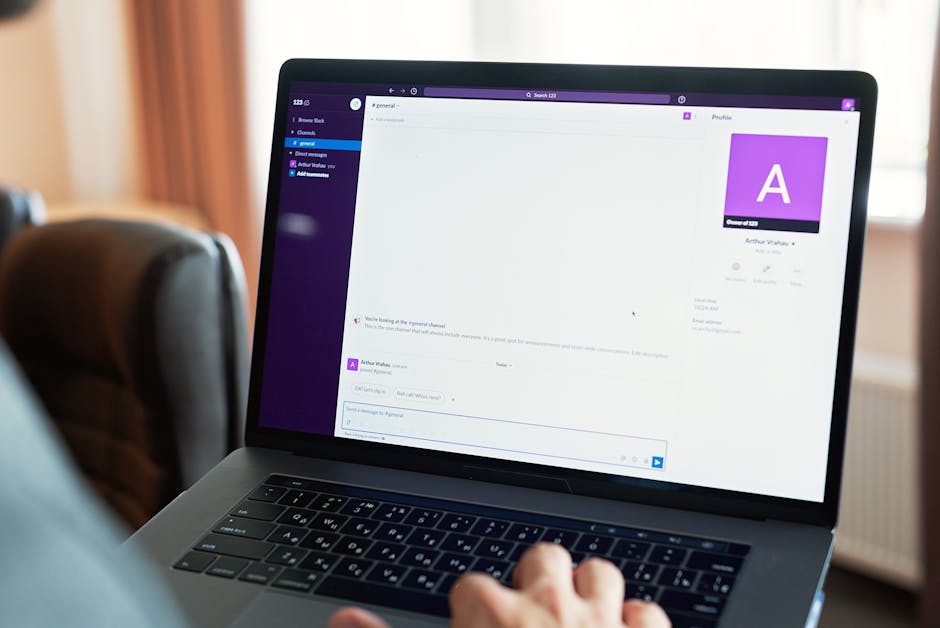Remote Marketing Education: Accessible Digital Learning
Imagine sitting at your kitchen table, coffee in hand, laptop open, and diving into a marketing class taught by a professor halfway across the globe. That’s no fantasy, it’s the reality of remote marketing education. With accessible digital learning platforms, gaining expertise in marketing has never been more convenient or flexible.
The Convenience of Learning on Your Terms
Remote marketing education offers flexibility that traditional classrooms simply can’t match.

Think about it, whether you’re juggling a part-time job, parenting duties, or simply prefer studying late at night, digital platforms adjust to your schedule, not the other way around. Platforms like Coursera (coursera.org) and Udemy (udemy.com) host a wide range of marketing courses. You could be learning SEO strategies from an expert in Los Angeles while sitting comfortably in your living room in Berlin. It’s all about meeting students where they are.
Not only does this flexibility help individuals balance their lives, but it also removes geographical barriers. In traditional settings, attending a renowned business school might mean relocating or dealing with hefty costs for commuting or accommodation. With remote learning, these barriers shrink significantly. All you need is an internet connection and a willingness to learn.
Cost-Effective Education for Aspiring Marketers
Higher education can be expensive, that’s no secret. Tuition fees alone can send anyone into a state of sticker shock. Remote education, Often offers affordable alternatives without sacrificing quality. A complete digital marketing course on Skillshare (skillshare.com) might cost less than a single textbook from a traditional college program.
And let’s not forget the hidden costs of campus-based learning: transportation, housing near the school, and even meal plans add up quickly. Remote education eliminates most of these expenses while still providing robust and interactive coursework. Many programs also offer free trial periods or financial aid options to make learning even more accessible.
Interactive Tools That Enhance Learning
If you’re picturing remote education as just endless hours of monotonous video lectures, think again. Modern platforms incorporate interactive elements that keep learners engaged and motivated. Tools like quizzes, peer-reviewed assignments, discussion boards, and even live Q&A sessions bring a sense of community to virtual classrooms.
Take Google Digital Garage (learndigital.withgoogle.com), A free platform offering courses on everything from content marketing to data analytics. Students aren’t left to figure things out alone; the platform includes step-by-step tutorials and resources tailored for practical application.
Many programs use gamification (reward systems like badges or certificates) to encourage progress. These tools turn learning into an engaging experience rather than just another item on your to-do list.
The Power of Networking in Virtual Spaces
You might wonder how remote education compares when it comes to networking, a cornerstone of career development in marketing. Surprisingly, virtual spaces offer unique opportunities for forging connections. Many platforms create online communities where students can interact with one another and with instructors.
LinkedIn Learning (linkedin.com) not only provides high-quality courses but also integrates seamlessly with LinkedIn profiles. This allows learners to showcase their certifications while connecting with industry professionals worldwide. Virtual networking events and collaborative projects further enable students to build relationships that extend beyond the screen.
Another benefit is access to instructors who are often active professionals in their field. Learning directly from someone who’s working on campaigns for Fortune 500 companies? That’s priceless exposure you might not get in traditional classrooms.
Real-World Skills Without the Classroom Walls
The ultimate goal of any educational program is preparing students for real-world scenarios and remote marketing education excels here as well. Courses often focus on actionable skills that students can immediately apply to their careers or businesses.
Take HubSpot Academy (hubspot.com) as an example, it offers free certifications in areas like inbound marketing and email campaigns. These aren’t just theories; they’re practical tools you can implement right away, whether you’re running a small e-commerce shop or working within a larger corporate setting.
Many platforms include project-based learning opportunities where students work on actual case studies or create their own mock campaigns. This hands-on experience not only cements theoretical knowledge but also gives learners something tangible to showcase during job interviews or client meetings.
The accessibility of these tools levels the playing field for anyone eager to learn marketing skills, whether you’re a high school student exploring future career options or someone looking to switch professions mid-career.
Final Thoughts: Empowering Yourself Through Digital Learning
The beauty of remote marketing education lies in its accessibility and adaptability. It meets learners where they are (financially, geographically, and intellectually) while offering tools that make mastering complex concepts manageable and enjoyable.
If you’ve been considering diving into From Google Digital Garage to HubSpot Academy, the resources are plentiful and they’re waiting for you to take that first step.
